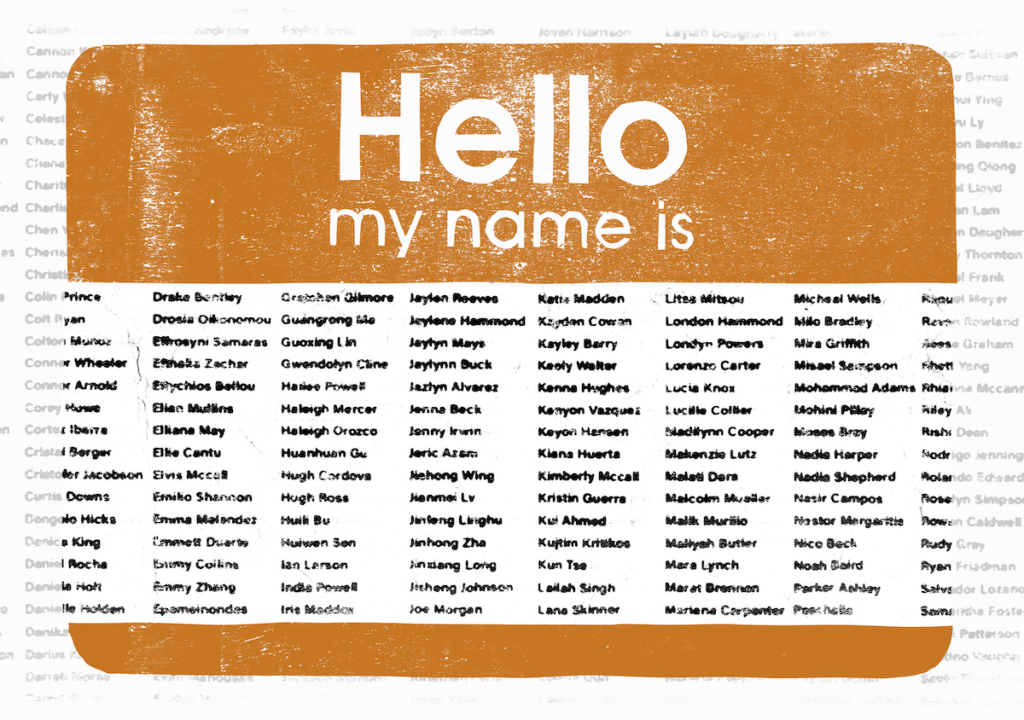The evil Internet
I’m a journalist and a blogger ― stands to reason that I think all things Internet are generally good. Itʼs a lot easier to find out what I should write about, whom I should interview about it, how I can reach them… you know the drill. Life is just easier.

d700127f-7ee4-eb74-0938-8642b8623764.jpg
Iʼm a journalist and a blogger ― stands to reason that I think all things Internet are generally good. Itʼs a lot easier to find out what I should write about, whom I should interview about it, how I can reach them… you know the drill. Life is just easier.
Apparently, though, when it comes to science, the Internet has made things worse.
Youʼd think that having all the papers in the world at the behest of a mouse and a monitor would make scientists more likely to find those papers, read them and cite them in their own work.
But according to a paper published in Science, as more journals go online, fewer papers are being cited.
Sociologist James Evans from the University of Chicago analyzed citations for 34 million papers dating back as far as 1945, and calculated how long a paper is cited before it fades into scientific oblivion. What he found is that for every year of back issues that a journal archives online ― whether that archive is free or paid ― the average age of the cited articles falls by a month.
This canʼt be good, can it?
Itʼs possible that scientists are just being more selective and citing only those articles that are directly relevant, instead of filling up pages with every ancient paper listed in a competitorʼs manuscript. But it’s also possible that this targeted searching will limit scientistsʼ imagination.
When researchers browse through the print copies, they might spot an article or two that isnʼt directly relevant to their work, but may inspire new ideas nonetheless. Thatʼs not likely to happen if they only download the latest in their narrow arena of expertise.
Makes me glad that though I get most of my news online, I still read the paper version of the New York Times on the weekends. Never know what I might stumble across.
Explore more from The Transmitter

How inbreeding almost tanked an up-and-coming model of Alzheimer’s disease

